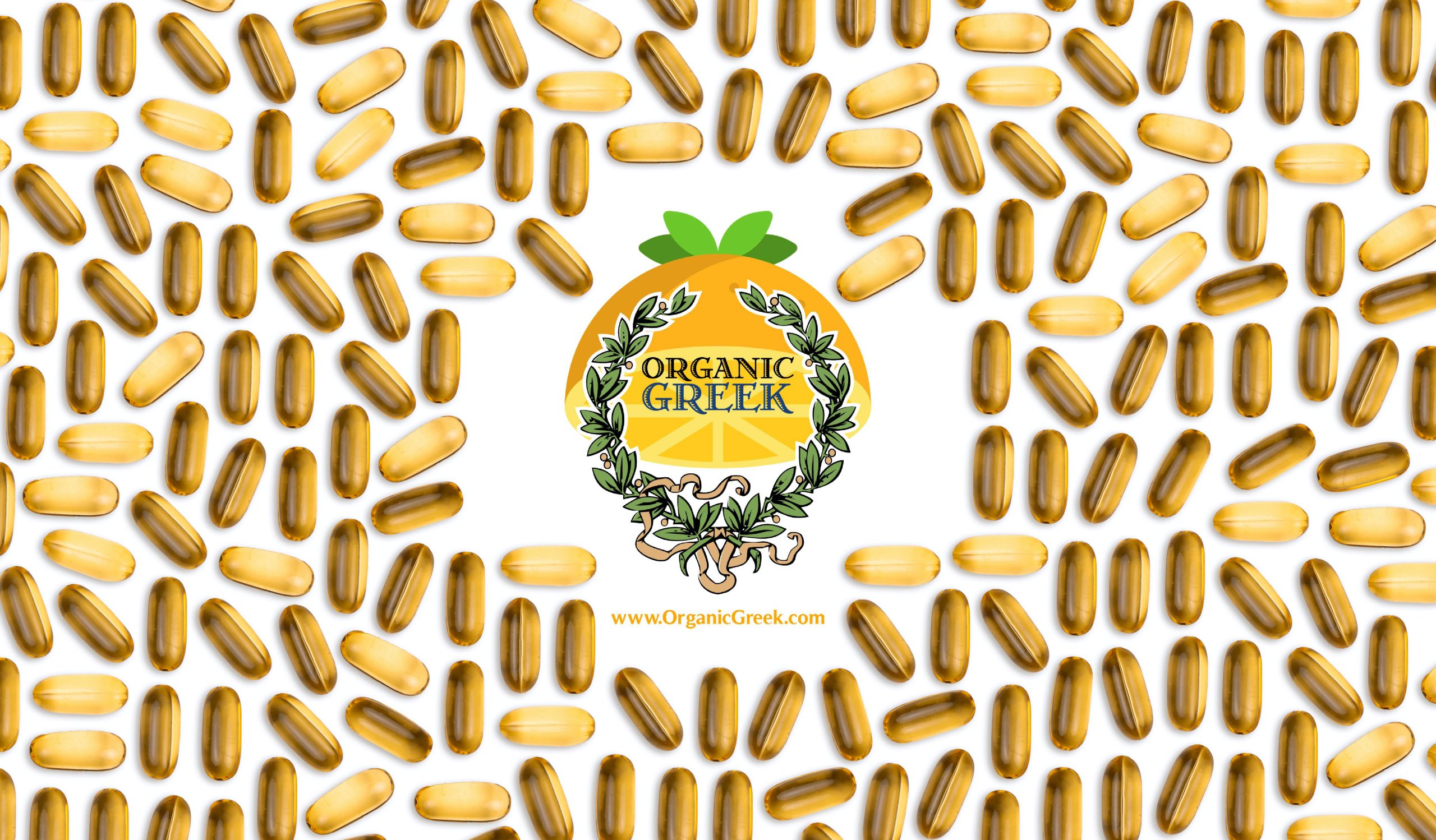
Higher blood levels of vitamin D correlated with lower incidence or severity of COVID-19 in most reviews of the research.
Thirteen recent meta-analyses examined data from 100-plus independent studies. Most studies focused on vitamin D blood levels and COVID-19, while two exclusively looked at vitamin D consumption in relation to the illness. Most analyses reveal that higher blood levels of vitamin D appear to be correlated with lower incidence or severity of COVID-19, whereas lower blood levels of vitamin D appear to be correlated with a more severe case of COVID-19.
Vitamin D is known for helping with bone health, but its benefits extend beyond that. Due to its positive effects on the respiratory and immune systems, more than 100 clinical trials have been conducted since the onset of the COVID-19 pandemic to look for links between vitamin D and COVID-19.
“Increasing evidence suggests a link between higher vitamin D levels and lower incidence of COVID-19,” said Luke Huber, vice president of scientific and regulatory affairs at the Council for Responsible Nutrition (CRN). “We have known for years that vitamin D plays an important role in immune health, and now there are multiple meta-analyses that appear to demonstrate the benefits of this nutrient in COVID-19.”
One statistical review found that intervening with vitamin D in an active case of COVID-19 reduced chance of death, though another, smaller meta-analysis did not see a statistically significant relationship. Timing and dosage of those vitamin D interventions may have led to different results. Summaries of the meta-analyses and links to the research are available on the CRN Foundation’s “Vitamin D & Me!” website.
“Consumers need science-based evidence to make informed health decisions,” said Brian Wommack, CRN Foundation executive director. “We hope consumers use these findings to better understand how nutrients like vitamin D support their goal of living a healthy lifestyle.”
Prevalence of low vitamin D status
Low vitamin D status is increasingly common. The prevalence of vitamin D deficiency (VDD) was found to be 28.9%, and vitamin D insufficiency (VDI) 41% in 26,010 U.S. adults surveyed as part of the ongoing National Health and Nutrition Examination Survey from 2001-2010.
Recent studies in the British Journal of Nutrition, European Journal of Clinical Nutrition, and Aging Clinical and Experimental Research revealed that the following people are more at risk for VDD and VDI:
* People of color, especially the Black community
* Less educated populations
* Those of lower socioeconomic status
* Smokers
* Physically inactive people
* Obese individuals
* Infrequent milk drinkers
* Individuals with chronic diseases, especially of the liver, kidney and heart
* Anyone with a disease that leads to malabsorption, such as Crohn’s disease
* Older adults, due especially to aging skin’s reduced ability to synthesize vitamin D
* People with pre-existing conditions, such as diabetics
* Anyone with reduced exposure to sunlight, such as those hospitalized and institutionalized
* Those taking certain medications
How do we get vitamin D?
Vitamin D comes from three potential sources: food, sunlight-dependent production in the skin and supplements. Because vitamin D is not easily obtained from food, many countries have regulations that require vitamin D fortification of commonly consumed foods, such as milk, orange juice, other dairy products and cereals.
With regular sun exposure, a healthy diet and healthy kidneys, many people can make the vitamin D they need; however, most people are not regularly exposed to the sun, and diets vary. According to the American Journal of Clinical Nutrition, few people can obtain enough vitamin D from food sources alone, making supplementation important.
How much to supplement will vary based on vitamin D status. It’s important to first discuss dosage with your doctor, as deficient and insufficient individuals will need a different supplement strategy.
Takeaways
Simple supplementation may make you less likely to get sick and may lessen the degree of sickness if you contract COVID-19. It isn’t a substitute for other measures, but it’s another step you can take to keep you and your family healthy.
“This growing body of research does not indicate that vitamin D is a substitute for vaccines, mask wearing, social distancing or other behaviors to mitigate the spread of the coronavirus,” said Huber. “But the data indicate that vitamin D levels may play a role, in combination with other therapies, in strengthening the immune system to resist the virus.”
The CRN Foundation, a nonprofit educational organization of the dietary supplement industry that provides information about responsible use of dietary supplements, has put together a “Vitamin D & Me!”
For the Best Deals on Vitamin D and Calcium please visit OrganicGreek.com and use discount code Special 30% Off on any purchase.
